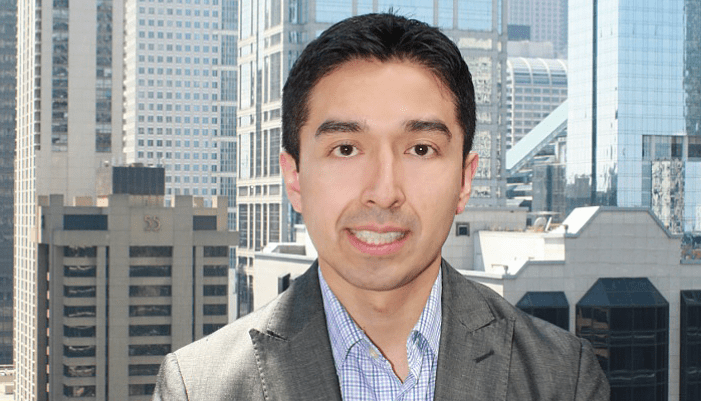Juan Hernandez is the Chief Executive Officer of OpenFinance Network. A serial entrepreneur and business strategist with 20 years of business technology and strategic management experience, Juan has built multiple startups including PeerRealty, Endurance Commerce, and the Pop Stock Exchange. Juan is passionate about technology that creates novel opportunities for investment and breaks down barriers to participation in the global economy.
Let’s start with an intro to who you are and introduce us to OpenFinance Network.
My name is Juan Hernandez, and I am the CEO of OpenFinance Network (OFN), which is a secondary market security token trading platform for the alternative asset industry.
What are alternative assets?
An alternative asset is any asset that is not considered “typical,” such as stocks, bonds, and cash. Alternative assets have been historically very difficult to trade and, therefore, also have low liquidity, which refers to how easy it is for buyers/sellers to find a match. Rare art works are great examples of alternative assets, because there are only so many potential buyers at a given time. Art also loses value if you physically split it into pieces. One of the transformative aspects of blockchain technology is that it enables fractional ownership; so for the first time, a work of rare art can be easily owned by multiple parties, represented by digital tokens.
What is the problem OFN seeks to solve?
OpenFinance Network seeks to address the alternative asset industry’s liquidity problem by rendering the settlement process more efficient. Traditionally, this process can take up to 6 weeks to complete due to the extraordinary number of intermediaries involved. By employing smart contracts to automate many of the functions normally performed manually, OFN cuts this down to minutes and possibly seconds. If buyers and sellers of alternative assets can find a match faster, this increases the liquidity of the entire alternative asset industry.
How is the crypto bear market impacting OFN?
We are not in the crypto market. We are very careful in all of our communications to ensure people understand the difference between the public’s understanding of cryptocurrency and digital security tokens. Cryptocurrency has become a “catch-all” phrase for any token to do with blockchain, but has been unfortunately tied to ICOs and “utility tokens,” many of which have fallen under scrutiny by the SEC for failure to comply with regulations. Security tokens that will trade on our platform are simply digitized representations of typical alternative assets (and were issued under one of the available SEC exemptions). The advantage to digitization is that it enables fractional asset ownership and renders the entire trading process more efficient. We believe that tokenization is most certainly the future for the alternative asset industry due to the benefits of the more streamlined processes it enables, so the “crypto bear market” is really irrelevant to what we are doing here at OFN.
What is your position on the regulatory landscape today?
It’s important to remember that regulations are intended to protect people from scams and safeguard the market from fraudulent manipulation. The largest institutional investors, such as pension funds and endowments, have yet to take the leap into the burgeoning tokenized assets space in part because of regulatory uncertainty. The caution employed by the biggest players in finance could mean that security tokens serve as an onramp for the mainstream to participate in the token economy.
How does OFN ensure compliance?
We only accept securities that are registered or exempt. For investors looking to trade on OFN, they can start by creating an investor passport. This sign up process will walk them through AML, KYC and accreditation verification. This passport serves as a one-time validation process that allows trading in accordance with a users eligibility. Both accredited and unaccredited investors can sign up for OFN as well as U.S. and non-U.S. persons and entities.
How does OFN use blockchain technology?
The settlement process is decentralized and conducted automatically using smart contracts. In order to comply with investor privacy laws, all sensitive, private data pertaining to the KYC/AML process is stored on a secure federated sidechain, which is hashed back to the public chain.
Any developments in the pipeline for the platform?
BCAP (Blockchain Capital) is one of the first tokens to be available to users on the OFN beta platform. Excitingly, these are the first registered security tokens tradeable in the United States.
Given the current climate, what do you think the future holds for blockchain technology and digital tokens?
The tokenization of assets is one of the most obvious use cases for blockchain technology. The SEC’s enforcement of securities laws was always going to be inevitable, but the usefulness of blockchain technology to increase transparency and streamline processes by eliminating intermediaries hasn’t changed. Alternative assets is a $7.7 Trillion-dollar industry. By tokenizing these historically difficult-to-trade securities assets, the industry could be in for another phase of massive growth.



































